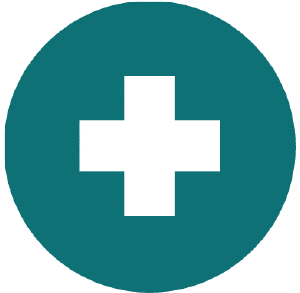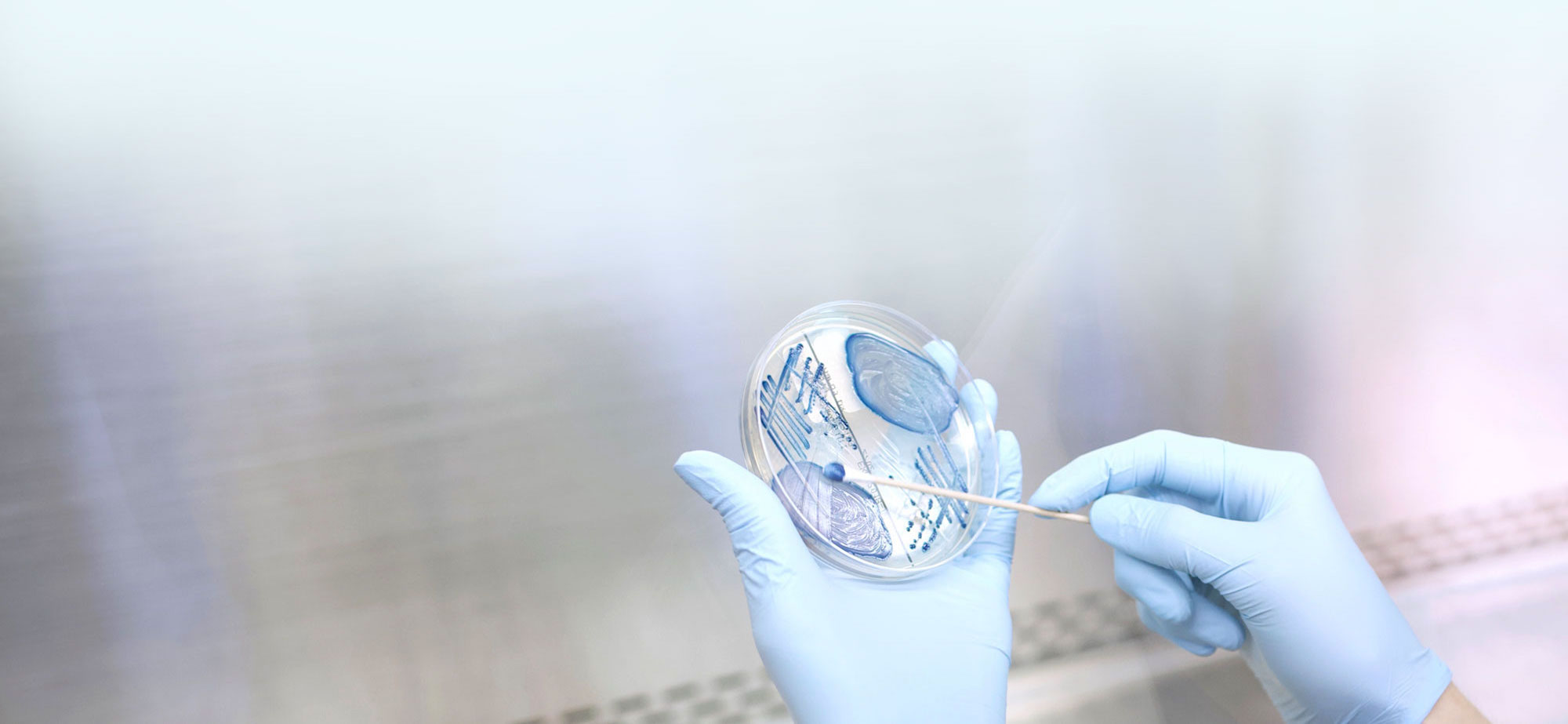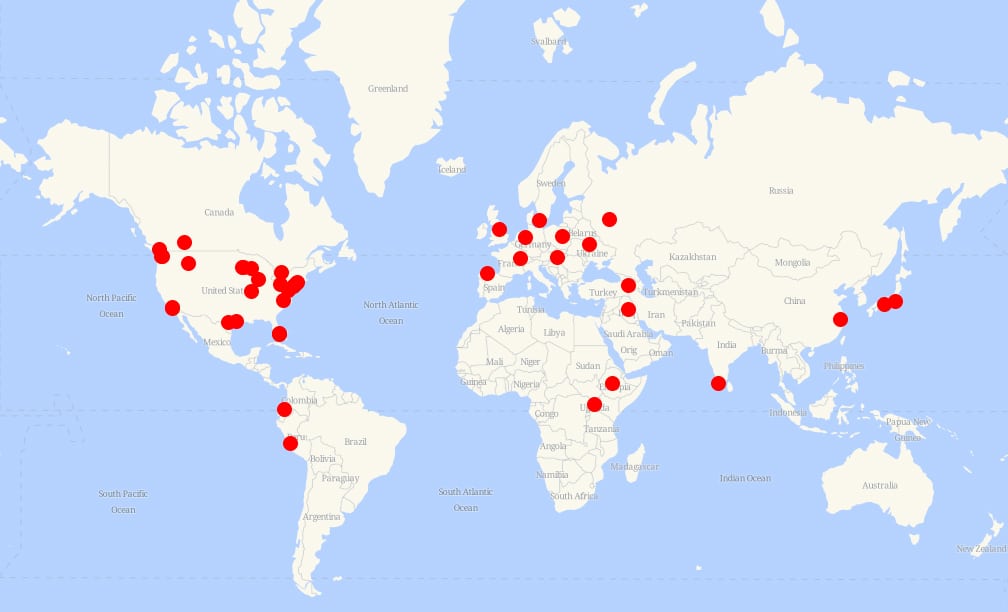
Bacteria can develop mutations that allow them to overcome antibiotics
In the United States, antibiotic-resistant bacteria cause over 23,000 deaths and 2 million infections per year

Antibiotic-resistant bacteria threaten everyone
Children, the elderly and those who are immunocompromised are at heightened risk for antibiotic-resistant infections

Antibiotic-resistant bacteria undermine modern medicine
Surgeries, organ transplantation and chemotherapy will become increasingly dangerous as antibiotic-resistant bacteria spread
Antibiotics are medications that are used to treat bacterial infections. Antibiotic resistance occurs when bacteria mutate and develop the ability to overcome antibiotics. When this happens, bacteria are no longer killed by the antibiotic and continue to cause infection. Antibiotic-resistant infections are difficult, and sometimes impossible, to treat.
Antibiotic resistance is the most urgent global public health threat. Globally, over 1.27 million people die each year from untreatable infections due to antibiotic resistance. Simple infections are now life-threatening, and surgeries, organ transplantation and cancer therapies are becoming increasingly dangerous. Though everyone is at risk for infection from antibiotic-resistant bacteria, children, the elderly and those who are immunocompromised are at heightened risk.
Currently, there is no comprehensive repository of the bacterial strains that are threatening our communities. This significantly limits the biomedical community’s ability to monitor and control the spread of antibiotic resistance. ARMADA is seeking to change that.
Background
Philanthropic donations to ARMADA will help support:
- the participation of clinical labs by defraying the costs of banking bacterial strain
- the building programming for analyzing clinical data
- the ongoing development and refinement of the biobank’s informatics infrastructure
- the long term goal of providing a centralized diagnostics-quality surveillance database that will ultimately be used by healthcare providers and communities alike.

Supporting ARMADA
Localized public health initiatives cannot act alone to address the catastrophic resistance issue with the necessary urgency.
A core group of philanthropists, heath care professionals and scientists are seeking to fight superbugs in ways that will be able to withstand the ebbs and flows of a shifting political climate. ARMADA is designed to become self-sustainable effort through donations and grants. ARMADA is a rare public health opportunity that not only addresses an ever-increasing healthcare problem, but also holds the potential to improve millions of lives worldwide.
ARMADA is seeking strategic philanthropic donations to support the outlined social mission of the initiative. Funds will be used to defray the costs of banking, analyzing submitted strains to ARMADA, and building the centralized biobank. ARMADA is seeking donations and has applied for non-profit status with the IRS; tax-deduction donation letters be issued once the status has been attained.
A draft fund plan for the year 2018 is available upon request.
Ready to support ARMADA?
Advisory Board
[wmts id=”1866″]
Our Partners

